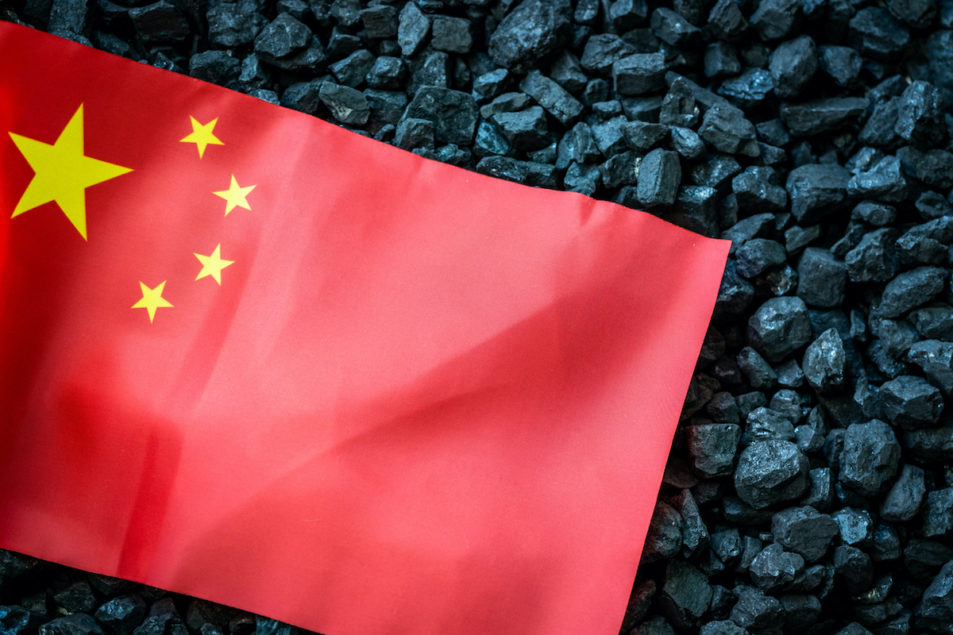
China escalated trade tensions with the United States on Tuesday by banning the export of gallium, germanium, and antimony—critical minerals with significant military and technological applications. The move, effective immediately, follows Washington’s latest crackdown on China’s semiconductor sector and adds another layer of complexity to the ongoing economic rivalry between the world’s two largest economies.
A directive from China’s Commerce Ministry cited national security concerns and imposed stricter reviews on the end-use of exported materials, particularly graphite, a major component in electric vehicle batteries. While the new restrictions currently target the U.S., their broader implications for global supply chains are raising alarms. Gallium and germanium are vital for semiconductors, infrared technology, fiber optics, and solar cells. Antimony is integral to ammunition, infrared missiles, and batteries.
Strategic Minerals Weaponized
China’s dominance in the production of these materials underscores the impact of the export ban. In 2023, China accounted for 59.2% of global refined germanium output and an overwhelming 98.8% of refined gallium production, according to consultancy Project Blue. Similarly, it produced 48% of the world’s mined antimony in 2022. Jack Bedder, co-founder of Project Blue, warned that the restrictions tighten an already constrained supply chain, particularly for Western nations.
The United States is assessing the situation and preparing to respond. A White House spokesperson emphasized the importance of diversifying critical supply chains to reduce dependence on China. However, such efforts face significant challenges. For example, the only active nickel mine in the U.S. is projected to run out of resources by 2028, according to Talon Metals.
Global Ripple Effects
The ban has driven up the cost of critical materials. Prices for antimony trioxide, a compound used in batteries and flame retardants, have surged 228% this year to $39,000 per metric ton in Rotterdam, according to Argus data. Meanwhile, companies like Perpetua Resources, which is developing an antimony mine in Idaho, view China’s actions as a wake-up call for the U.S. to prioritize domestic mining and refining capabilities.
Perpetua CEO Jon Cherry stressed the need for the U.S. to end its reliance on China, warning of the risks to national security and technological competitiveness. United States Antimony, a Montana-based refiner, echoed these sentiments, noting that the bans could drive higher prices and ultimately boost local production, albeit with a significant time lag.
Broader Trade War Implications
China’s announcement coincided with Washington’s latest export restrictions targeting 140 Chinese companies, including chip equipment maker Naura Technology Group. These measures, part of an ongoing effort to curb China’s technological advancement, have prompted retaliation in the form of mineral export controls.
Chinese industry groups are also responding by urging local firms to rely on domestically produced semiconductors, citing security concerns over U.S. chips. Peter Arkell, chairman of the Global Mining Association of China, summed up the situation, stating, “It’s a trade war that has no winners.”
As the standoff continues, both nations face mounting pressure to secure supply chains and protect economic interests, with global markets caught in the crossfire.
Featured image courtesy of Supply Chain Brain
Follow us for more tech news updates.
